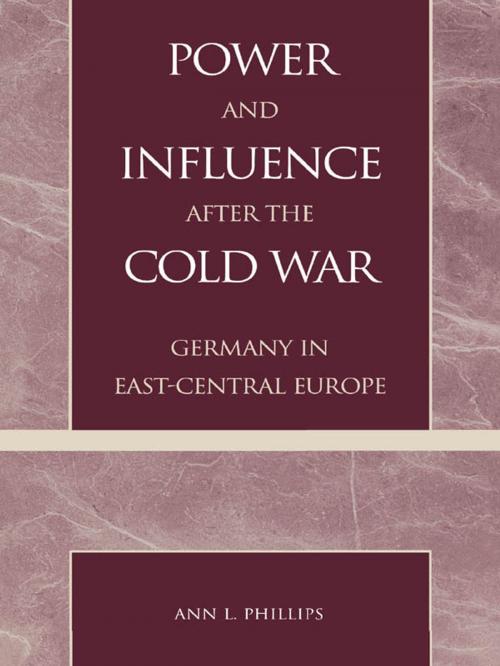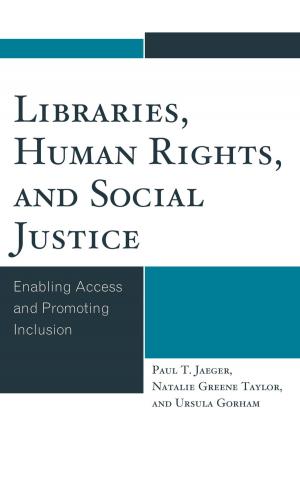Power and Influence after the Cold War
Germany in East-Central Europe
Nonfiction, Social & Cultural Studies, Political Science, International, International Relations| Author: | Ann L. Phillips | ISBN: | 9781461613206 |
| Publisher: | Rowman & Littlefield Publishers | Publication: | May 30, 2000 |
| Imprint: | Rowman & Littlefield Publishers | Language: | English |
| Author: | Ann L. Phillips |
| ISBN: | 9781461613206 |
| Publisher: | Rowman & Littlefield Publishers |
| Publication: | May 30, 2000 |
| Imprint: | Rowman & Littlefield Publishers |
| Language: | English |
Challenging conventional wisdom about German dominance in the new Europe, this study presents a new approach to the question of power and influence after the Cold War. Inspired by the debate over German hegemony and drawing on intensive fieldwork, Ann L. Phillips develops two original cases of German relations with East-Central Europe to test competing arguments. As she convincingly demonstrates, the politics of reconciliation and the activities of German party-affiliated foundations illustrate German engagement in the region in its dual faces: restraint and projection. The author uses the less-developed literature on reciprocal influences of domestic politics and the international environment to frame her analysis.
These two cases provide evidence not only of the intersection of domestic politics and international relations but of when and how one trumps the other. Contributing to the theoretical debate, Phillips argues that this interplay explains the divergent trajectories bilateral relations have taken since 1990 in ways that more traditional neo-realist or liberal approaches could not. The author’s fresh perspective and new evidence demonstrate that East-Central European states play a much greater role in the influence equation than they did in the past.
Challenging conventional wisdom about German dominance in the new Europe, this study presents a new approach to the question of power and influence after the Cold War. Inspired by the debate over German hegemony and drawing on intensive fieldwork, Ann L. Phillips develops two original cases of German relations with East-Central Europe to test competing arguments. As she convincingly demonstrates, the politics of reconciliation and the activities of German party-affiliated foundations illustrate German engagement in the region in its dual faces: restraint and projection. The author uses the less-developed literature on reciprocal influences of domestic politics and the international environment to frame her analysis.
These two cases provide evidence not only of the intersection of domestic politics and international relations but of when and how one trumps the other. Contributing to the theoretical debate, Phillips argues that this interplay explains the divergent trajectories bilateral relations have taken since 1990 in ways that more traditional neo-realist or liberal approaches could not. The author’s fresh perspective and new evidence demonstrate that East-Central European states play a much greater role in the influence equation than they did in the past.















